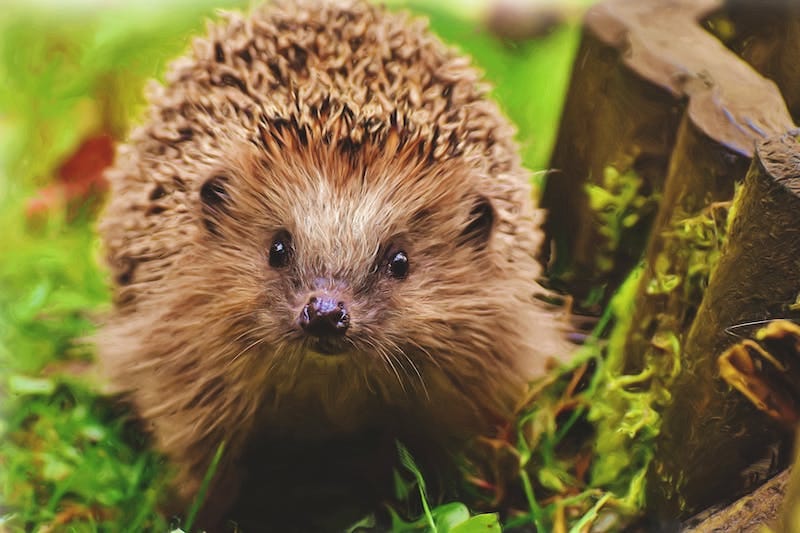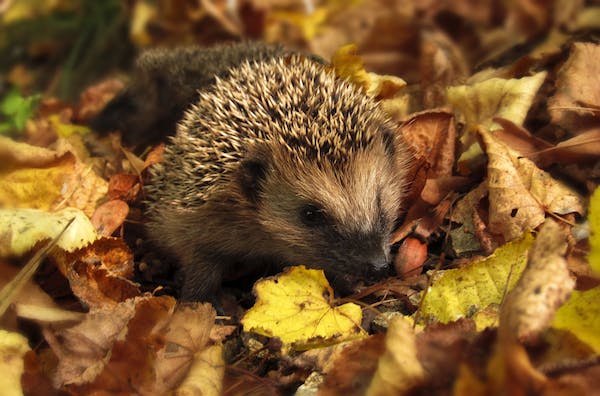Don’t be prickly! Celebrate the humble hedgehog this National Hedgehog Day

By Jill Dando News
The humble hedgehog is one of the most fascinating creatures on the planet - and today is the day to celebrate them.
National Hedgehog Day celebrates this wonderful animal and it’s highly important - they are fast becoming extinct.

Here are some fabulous facts about the humble hedgehog
There are 14 species of hedgehog around the world, largely concentrated in Europe, Africa, and Asia.
These nocturnal and solitary creatures are most commonly found in green spaces such as gardens, woods, and parks.
Hedges too - hence the name!
A giant mascot hedgehog Percy was even used to cheer people up in Jill Dando’s former town of Weston-super-Mare, Somerset back in 2007, first in a church and then in schools across the county.

WATCH VIDEO ABOUT HEDGEHOGS HERE:
https://www.youtube.com/embed/-uf7digx8xg
As we all know hedgehogs are covered in spines, but what you may not have known is that these spines are actually hollow hairs stiffened by keratin.
Hedgehogs use their many spines (around 5,000 when fully grown!) as a defense mechanism when under threat by rolling into a tight ball so that all the spikes point outwards.
Huge Smell Ability!
Hedgehogs rely heavily on their sense of smell. They can detect food under an inch of soil and can often sense the presence of danger.
They’re omnivores, best known for snacking on creepy crawlies such as earthworms, slugs, and caterpillars, but they also eat delicacies such as mushrooms, berries, small frogs, and bird eggs.
They tend to search for food at night and can travel a distance of 2-3 KMs.
DON'T MISS: https://goodnewspost.co.uk/good-news-as-one-of-worlds-smallest-penguins-in-runway-rescue/
One very odd thing about hedgehogs is that they self-anoint – this seems to be connected with irregular smells or tastes making them create large quantities of frothy saliva which they then flick over their spines with their tongue.
Baby hedgehogs are called hoglets!
Hoglet litters are born in late spring/early summer and the young spend around a month in their parents’ nest before setting off into the big wide world.
For more stories from Jill Dando News Click: http://www.goodnewspost.co.uk




